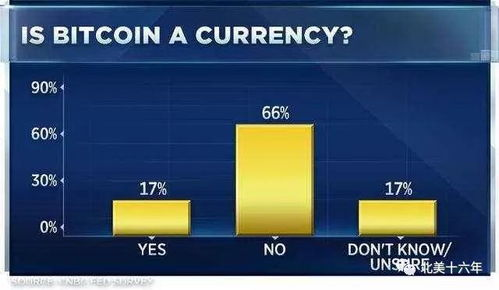Qtum vs Bitcoin: Comparing Blockchain Innovations, Uses, and Prospects
In the landscape of cryptocurrencies, Qtum and Bitcoin stand out due to their unique features and functionalities. This article explores the differences and similarities between these two blockchain platforms, providing insight into their applications, ecosystems, and potential for growth in the future.
In the landscape of cryptocurrencies, Qtum and Bitcoin stand out due to their unique features and functionalities. This article explores the differences and similarities between these two blockchain platforms, providing insight into their applications, ecosystems, and potential for growth in the future.

Understanding Blockchain Innovations
Bitcoin, launched in 2009 by an anonymous figure known as Satoshi Nakamoto, is recognized as the first decentralized cryptocurrency. It utilizes a proof-of-work consensus algorithm, promoting security and decentralization. However, Bitcoin primarily serves as a digital currency, facilitating peer-to-peer transactions.
On the other hand, Qtum was established in 2017 to combine the best features of Bitcoin and Ethereum, shaping it into a hybrid blockchain. Qtum enhances Bitcoin’s security with advanced smart contract functionalities. Its use of the proof-of-stake mechanism is designed to promote energy efficiency while enabling the execution of smart contracts, making it adaptable for various applications.

Uses and Applications in Ecosystems
Bitcoin is predominantly utilized as a store of value and a means for digital transactions. Its vast network and recognition have led it to become the benchmark for other cryptocurrencies. It faces challenges such as scalability and speed, yet it enjoys high acceptance among merchants worldwide.
Contrastingly, Qtum is tailored for enterprise applications, facilitating the deployment of decentralized applications (dApps). With its ability to support smart contracts, Qtum can activate various services ranging from supply chain management to Internet of Things (IoT) integrations. Its flexibility positions it as a strong competitor in the blockchain industry, filling niches that Bitcoin cannot reach.

Prospects for Growth and Future Developments
The future appears promising for both Bitcoin and Qtum. Bitcoin continues to dominate the market, maintaining its position as a leading cryptocurrency. Increased institutional investment and broader adoption could secure further growth and stability for Bitcoin.
Qtum’s future relies on its capability to attract developers and enterprises toward adopting its unique platform. By continually improving its technology and creating partnerships, Qtum aims to propel itself as a viable alternative to traditional blockchain protocols.
In summary, while Bitcoin remains the pioneer in the cryptocurrency world, Qtum is an innovative solution that combines the concepts of Bitcoin and Ethereum. Each platform has its distinct use cases and potential for growth, appealing to different segments of the blockchain market. Understanding these differences is vital for investors and users navigating the evolving landscape of digital currencies.


